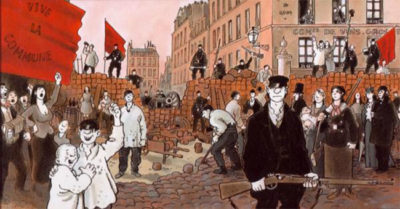Cedric Johnson dropped After Black Lives Matter into an ongoing debate between a ‘woke’ and ‘anti-woke’ left. It’s an older debate, but one running hot in the last few years. Unlike many other authors, Johnson tries, at least in some ways, to work around and between the two camps.
Not that he always succeeds. And it’s pretty clear which side he prefers (the ‘anti-woke’ side). But I think he wrote After Black Lives Matter in an effort to move the debate forward.
Let’s take a look.




